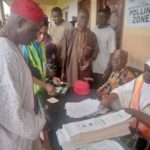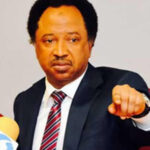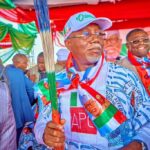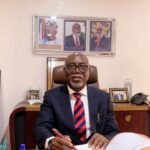The Independent National Electoral Commission (INEC) has developed a gender policy to guide its actions towards ensuring greater women representation in politics.
The commission’s Resident Electoral Commissioner for Anambra State, Dr Nkwachukwu Orji revealed this on Monday in Abuja at a Stakeholders’ Dissemination Meeting on the Legislative Guidance Tool for Effective Legislative Oversight on Inclusivity organized by the Policy and Legal Advocacy Centre (PLAC).
He said INEC has taken three major steps which include ensuring the inclusiveness of women “because we believe that women constitute one of the major underrepresented groups.
“It was based on this that INEC developed what it calls the Gender Policy that guides it, specifying steps-by-steps actions that need to be taken by the commission and we have built on this to develop what we called framework for inclusion of people living with disabilities. During the Anambra governorship election, we pioneered the use of lenses to support those that have visual impairment.”
He said on the issue of Internally Displaced Persons (IDPs), “In 2015 it was an issue essentially driven by the Boko Haram insurgency; but as we approach 2019, it has expanded more than Boko Haram as the number of IDPs in Nigeria is put at over 3 million. So, the commission is reviewing what it did in 2015 to come up with a framework for the inclusion of IDPs”, which he said now consist of people displaced by natural disasters like floods.”
“INEC basically provides regulations that guide its own operations but for the political parties, they need to also provide their own guidelines. But the general framework that regulates all the actors in the political system is provided by the National Assembly and as at today (Monday), there hasn’t been any clear regulation guiding inclusion of women in terms of standing for offices,” he said.
The Executive Director of PLAC, Clement Nwankwo, added that despite the fact that some parties announced they would provide incentives to encourage inclusivity, it was disappointing that the outcome of the party primaries showed that there might be fewer women in the parliament after the 2019 general elections.
On his part, the Chairman, House of Representatives Committee on Human Rights, Sadiq Umar, said the national assembly will work with the outcome of the stakeholder’s meeting to ensure inclusivity.
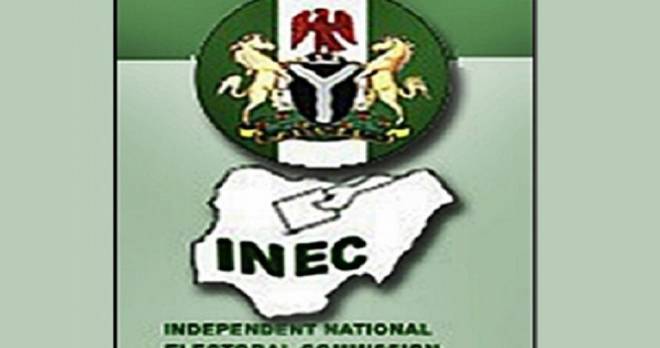
 Join Daily Trust WhatsApp Community For Quick Access To News and Happenings Around You.
Join Daily Trust WhatsApp Community For Quick Access To News and Happenings Around You.